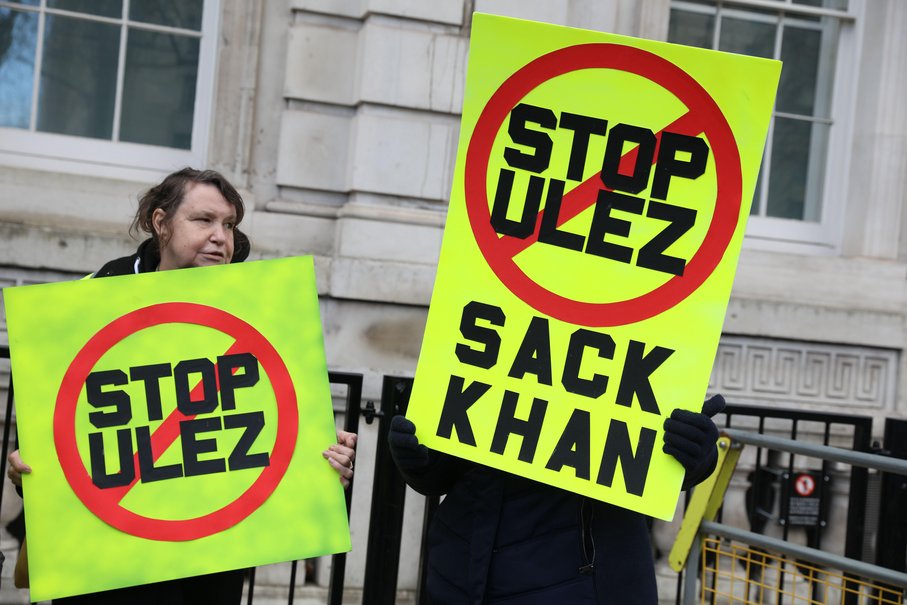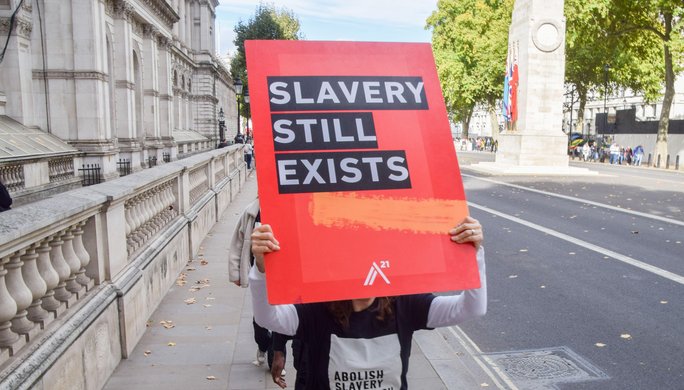Israel and Gaza: Britain could be doing so much more
From rescuing Brits and their families to mediating or imposing a ceasefire, there's much more the UK can and should do.
The world changed since our last newsletter. Last Saturday morning, the Israeli-Palestinian conflict blew up with a cross-border raid by Hamas - an ambitious attack that almost immediately transformed into an appalling atrocity. By day’s end, 1300 Israelis were dead - more than on any day of the conflict; the vast majority of them were civilians. By the time of writing, almost 3,000 Palestinians in Gaza have been killed - the majority of them also civilians. Over 150 people have been taken hostage, and the entire region seems on the brink of full-fledged war - and worse.
Events of this scale often acquire a hypnotic inevitability. We’ve already heard the massacre of Israeli civilians excused - shamefully, primarily on the international Left - with the rhetorical question of “what do you expect when you keep people in a cage for 17 years.” We are now hearing the killing of civilians in Israeli air strikes excused with “what do you expect when the other side massacres women and children.” And so it goes.
“If Britain truly wants to stand up and be counted, it can follow its own lead: match Homes for Ukraine with Homes for Gaza.”
It doesn’t have to. Grief, rage and empathy can explain a lot, but they are no excuse for poor policy from external actors. Even now there is a window to mediate or impose a longterm ceasefire - perhaps including the departure of Hamas from Gaza, leadership and combatants alike. There is historical precedent: In 1982, Israel went to war in Lebanon, aiming to wipe out the Palestine Liberation Organisation, which was using the south of the country as a base of operations. Instead, after months of bloody warfare, Israel allowed Yasser Arafat and the surviving PLO to be evacuated to Tunis. It didn’t end the conflict, but it did end the bloodiest chapter of that war.
In the meantime, Britain can and should be doing much more. At the very least, it should complement the repatriation flights from Tel Aviv airport with repatriation ships from Gaza. Hundreds of Britons are stuck in the Strip, cowering alongside their families: parents, in-laws and children; the in-laws of Scotland’s First Minister Hamza Yusuf are one such family, but there are many more. They all deserve safety every bit as much as the Brits who were stuck in Tel Aviv. And if Britain truly wants to stand up and be counted, it can follow its own lead: match Homes for Ukraine with Homes for Gaza. And Homes for Sderot, for that matter. The success of the much-needed original scheme for Ukrainians shows Britain is strong enough to play host to both.
The land army being amassed on Gaza’s border and the almost complete carte blanche Israel has been handed by Western powers - publicly, at least - makes clear that Hamas and other groups involved in the Saturday attacks can expect no quarter and no return to the status quo ante. But perhaps there’s a chance to avoid major bloodshed yet. This is not merely a question of saving lives today: it is a question of whether and how Israelis and Palestinians continue to exist in the same land tomorrow.
The Lead is now on Substack.
Become a Member, and get our most groundbreaking content first. Become a Founder, and join the newsroom’s internal conversation - meet the writers, the editors and more.




